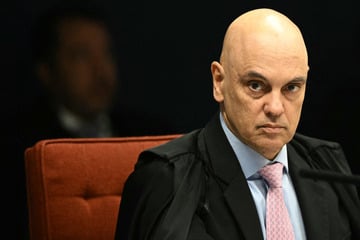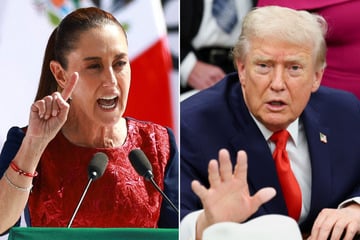US says Iran sought help over President Ebrahim Raisi's fatal crash
Washington DC - The US said Monday that arch-enemy Iran sought assistance over a helicopter crash that killed President Ebrahim Raisi, as Washington meanwhile offered condolences despite saying he had "blood on his hands."
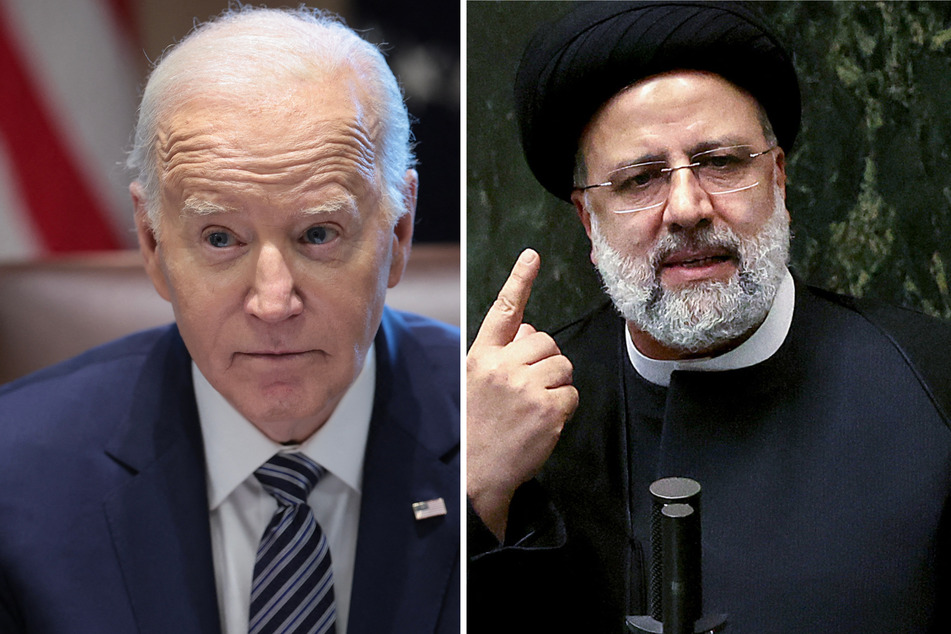
The State Department said Iran, which has had no diplomatic relations with Washington since the aftermath of the 1979 Islamic revolution, reached out after Raisi's aging chopper crashed in foggy weather Sunday.
"We were asked by the Iranian government for assistance," State Department spokesman Matthew Miller told reporters.
"We said that we would be willing to assist – something that we would do with respect to any government in this situation," he said.
"Ultimately, largely for logistical reasons, we were unable to provide that assistance."
He declined to go into detail or describe how the two countries communicated. But he indicated Iran was seeking help in the immediate aftermath to find the helicopter of Raisi, who died along with his foreign minister, Hossein Amir-Abdollahian, and seven others.
The crash came after the US and Iran reportedly held their latest quiet talks in Oman aimed at increasing stability following open clashes between Iran and Israel.
Biden administration faces backlash for Raisi condolences
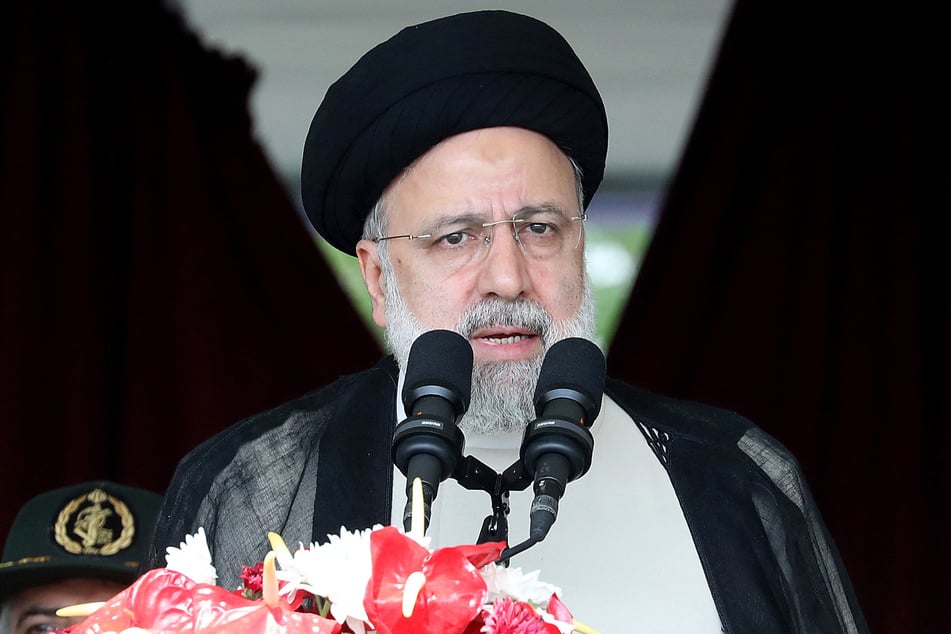
The State Department, in a statement, offered "official condolences" over the deaths.
"As Iran selects a new president, we reaffirm our support for the Iranian people and their struggle for human rights and fundamental freedoms," it said.
President Joe Biden's administration described condolences as standard and not showing support for Raisi, who, as a judge, presided over mass executions of political prisoners and under whose presidency authorities have cracked down on mass protests led by women.
"This was a man who had a lot of blood on his hands," National Security Council spokesman John Kirby told reporters, saying Raisi was responsible for "atrocious" abuses.
Kirby said, however, that "as in any other case, we certainly regret in general the loss of life and offered official condolences as appropriate."
The US has often – but not always – offered condolences in the past to leaders it opposed, with such messages sent over Joseph Stalin, Kim Il Sung, and Fidel Castro.
But the condolence message, along with similar words from European nations, brought anger to some opponents of the clerical state who saw Raisi's death as a reason to celebrate.
Masih Alinejad, a women's rights activist who US investigators say was the target of an assassination plot in New York engineered by Tehran, wrote on X, formerly known as Twitter, "Your condolences only pour salt on the wounds of the oppressed."
Defense Secretary Lloyd Austin preemptively denies US involvement in crash
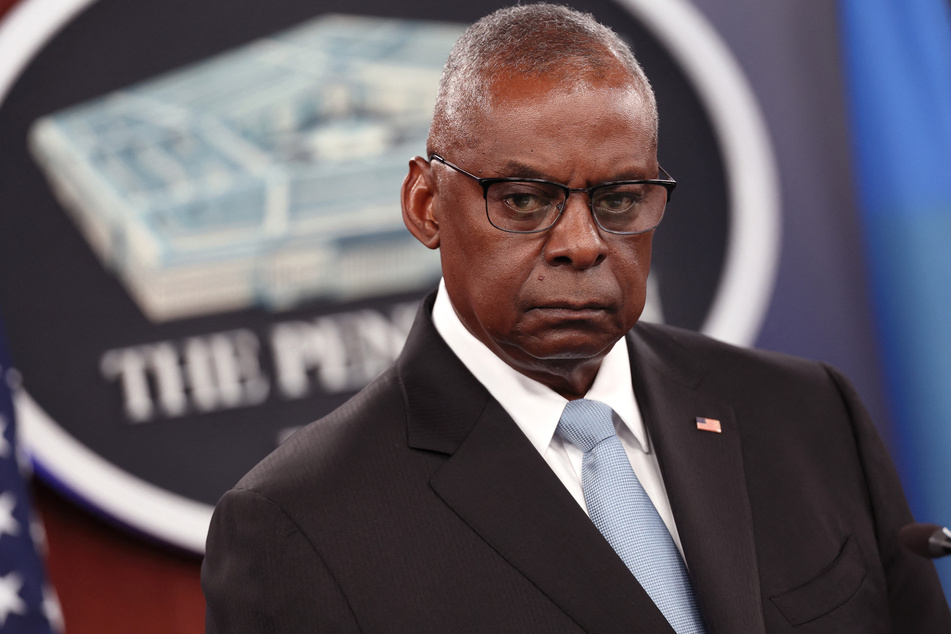
Defense Secretary Lloyd Austin indicated that US forces have not changed their posture after the crash in Iran, where decisions are ultimately made by the supreme leader, Ayatollah Ali Khamenei.
"I don't necessarily see any broader regional security impact," Austin told reporters.
He preemptively denied any US role and said there was no reason to think it was anything other than an accident.
"The United States had no part to play in that crash. That's a fact, plain and simple," Austin said.
"It could be a number of things – mechanical failure, pilot error, you name it," he said.
Iran's military ordered an investigation. It has often in the past blamed security incidents on Israel and the United States, which both in recent years have struck Iranian targets.
Former foreign minister Mohammad Javad Zarif blamed the crash on continued US sanctions, which have impeded the sale of aviation parts.
Asked about Zarif's remark, Miller said: "Ultimately, it's the Iranian government that is responsible for the decision to fly a 45-year-old helicopter in what was described as poor weather conditions, not any other actor."
Cover photo: Collage: WIN MCNAMEE / GETTY IMAGES NORTH AMERICA / Getty Images via AFP & ATTA KENARE / AFP
